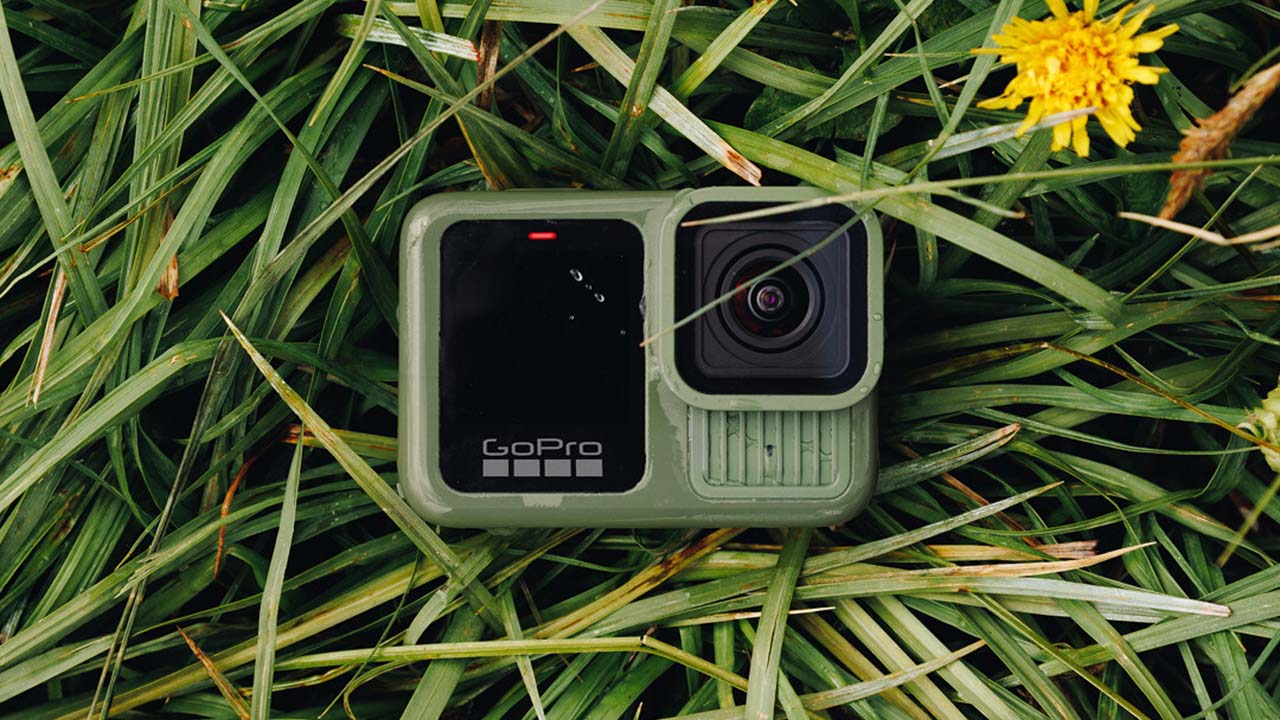
It's been bubbling along for a while, but now an ITC (International Trade Committee) judge has ruled that multiple GoPro patents have been infringed by one of its rivals.
With vast resources at their disposal, companies such as Insta360 and DJI have been developing new cameras at a rate of knots. One thing that all modern action cameras feature is electronic stabilisation, and it lies at the heart of this particular legal ruling.
GoPro launched HyperSmooth, its much lauded electronic stabilisation system, with the HERO7 in 2018. The technology was developed in-house, lead by image processing algorithms engineer Maxim Karpushin. HyperSmooth quickly became GoPro's most significant USP, and it took rival companies a number of years to catch up to it in terms of quality.
Understandably, GoPro is quite protective of HyperSmooth, and when rival companies started exhibiting very similar systems, it was suspected that some of the patents pertaining to the system may have been violated.
In a ruling, an ITC judge has ruled that Insta360 has violated US federal law by importing products that infringe patents related virtual lenses (US patent 10,529,052), but also US Patent D789,435, which refers to the external visual design and appearance of the GoPro cameras.
The judge has ruled that patent 10,574,894 and 10,958,840, which refer to HyperSmooth and horizon levelling technology have not been infringed. However, things are rather more nuanced, since the claims regarding these patents were also found not to be invalid, which means that it appears Insta360 didn't prove that GoPro's patents regarding HyperSmooth should be overturned.
However, Insta360 did succeed in proving the invalidity of patents '052, '832, and '413, which refer to virtual lens simulation, video cropping and lens effects, and aspect ratio conversion respectively.
It's not the end of the litigation however. GoPro is also briefing on other outstanding issues, and the ITC will issue its Final Determination by November 10, 2025.
It's an interesting case. In previous years RED came under a lot of flak due to its patents on recording compressed raw in-camera. However, GoPro's claims with regard to HyperSmooth relate to something very specific. The methods to create HyperSmooth require some very specialised and unique processes and algorithms. Given the state of the market for action cameras, it's no surprise that GoPro would want to protect its IP in the strongest terms.
Quite what this will mean for the future is uncertain. Whether it will result in rivals having to pay GoPro licensing fees, or somehow find an alternative way is up for question. If GoPro is successful, it will have a seismic effect on the action camera market in the US at least.
You can read Insta360's response here.
*Article updated to clarify more detail about the judge's decision.
Tags: Production Action cameras


Comments